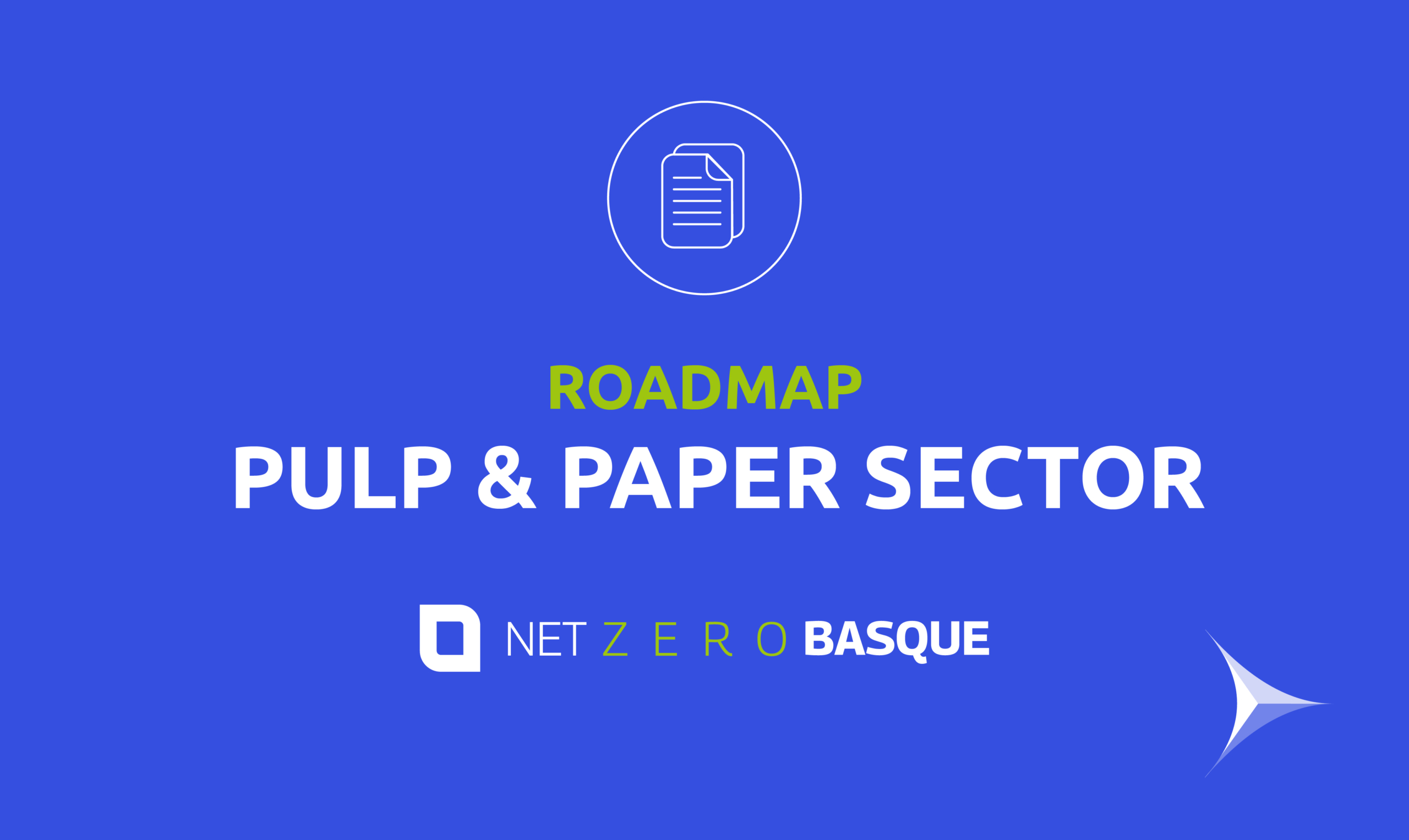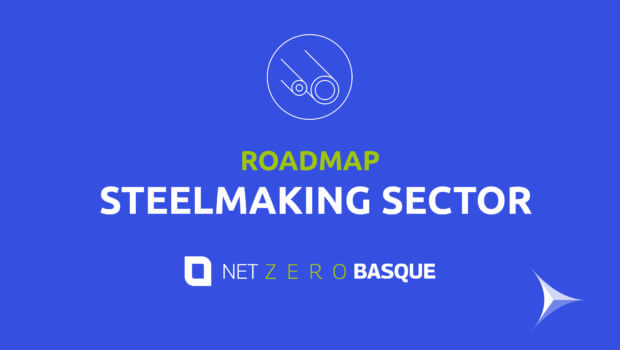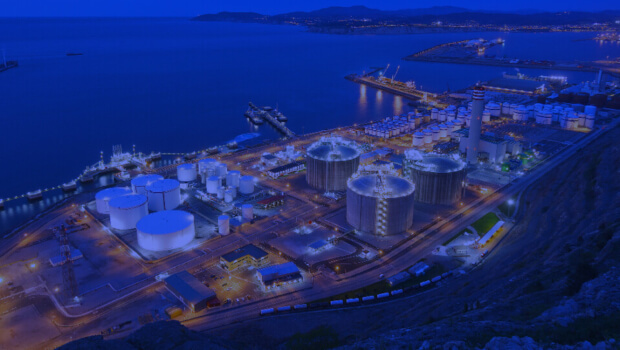Emission-free pulp and paper: roadmap for the decarbonisation of the Basque paper industry by 2050
The SPRI Group’s Net-Zero Basque Industrial SuperCluster initiative has unveiled the roadmap for the decarbonisation of the Basque paper sector by 2050. Along with steelmaking, smelting, cement and refinery, this industry is among the 5 that account for nearly 68% of the greenhouse gas (GHG) emissions in the Basque Country.
The report concludes that the transition towards net-zero emissions of the sector will benefit from the development of technological measures focused mainly on energy efficiency and circularity and electrification and use of alternative energy sources.
Consumption and emissions of the Basque pulp and paper industry
The first phase of the initiative involved the study of the production processes of the paper sector, which determined those that consume the most energy: firing, delignification and bleaching the wood to make chemical pulp, and the handling, refining, spinning, bleaching and drying the raw material until it is turned into thermo-mechanical pulp. Those procedures, along with the de-inking of the recovered paper and cardboard, and the drying, shaping and pressing for their final transformation into paper are those that show the greatest thermal and electric energy requirements.
The analysis concludes that, in 2019, the Basque paper sector consumed 3,172 GWh of energy, divided between electricity (32%) and thermal energy (68%), generated equally by the use of natural gas and biomass. On the other hand, the GHG emissions stood at 462 kilo-tonnes of CO2 equivalent between those from electricity and those from fuel generated by the 10 production plants existing in the BAC; that accounts for around 6% of the total emissions of Basque industry.
Electrification of the paper-making process
The roadmap unveiled by Net-Zero Basque Industrial SuperCluster details the solutions to be developed to reach net-zero emissions by 2050. Therefore, it focuses on two of the strategic areas based on the pillars of the World Economic Forum, electrification and energy efficiency.
As regards the implementation of measures towards a more electrified industry, the roadmap proposes using high-temperature heat pumps. That would mean a 20% abatement of emissions, but implies the need to develop specific pumps and adapt the paper manufacturing process to harness them.
On the other hand, the analysis conducted by the initiative determines the need to start drying using electrical forces (electro-osmosis, electro-hydrodynamics…). This process has the greatest energy requirement and is currently mainly supplied by natural gas. Thus, its electrification would mean emissions savings of around 180kt CO2 compared to current emissions. Therefore, this would be the measure with greatest potential to reduce emissions in the sector.
Towards a more circular and sustainable industry
As regards energy efficiency and circularity, the study suggests the implementation of 6 measures, such as the use of deep eutectic solvents in the de-pulping or re-pulping, with potential for savings both in consumption (around 40%) and in emissions from using fossil fuels (about 20%).
The report also establishes the need to apply a mild re-pulping process by means of cavitation for recycled papers. A technique that – thanks to minimising the fibre water retention – would help to reduce the energy needed for drying and, consequently, the emissions (around 2%).
The development of other innovative mechanical drying systems in the pressing of the pulp (dehydration assisted by ultrasound or by pulses, displacement or vacuum pressing…) would contribute to a moderate decrease both of consumption (between 15 and 30%) and of the emissions in this phase of the process.
Greater use of new technologies such as pulping enzymes would also help to reduce energy consumption, along with improving the quality of the final product and the elimination of certain polluting chemical agents. Similarly, the use of micro-nanofibres of cellulose would allow up to 20% less fibre to be used to thus make paper that in lighter but with the same resistance, and with lower energy consumption of the end product.
Available technologies for decarbonisation
The roadmap sets out another series of measures to be developed with the implementation of a series of mature technologies already available in the sector.
The energy efficiency and circularity strategy envisages the use of non-wood based fibres and of conical refining techniques, greater use of recycled pulp, heat recovery in the process, and the digitalisation and use of Artificial Intelligence for its control.
As part of the electrification and use of alternative energies, gasification of waste and sludge of the water treatment plant, by-product pyrolysis and the in-situ generation of electricity would help to eliminate the use of fossil fuels in the Basque paper industry.
Abatement of paper sector emissions of 2050
The implementation of this series of measures put forward by the Net-Zero Basque Industrial SuperCluster roadmap would mean the following abatement of the emissions of the Basque paper industry by 2050:
- 25% by means of energy efficiency and circularity strategies,
- 35% from electrification and use of alternative fuels,
- and 40% from renewables.
The road map to achieve net zero emissions in the pulp and paper industry by 2050 was unveiled in November 2023 during the first meeting of the New Industry Decarbonisation Forum, coordinated by SPRI and organised in conjunction with the ENERGY CLUSTER, ACLIMA, SIDEREX, AFV and PAPER CLUSTER, representing the sector. Its purpose is to create a a link between demand and the supply of energy efficiency and decarbonisation solutions to thus generate synergies.
You can see the full report by clicking on the following link.



